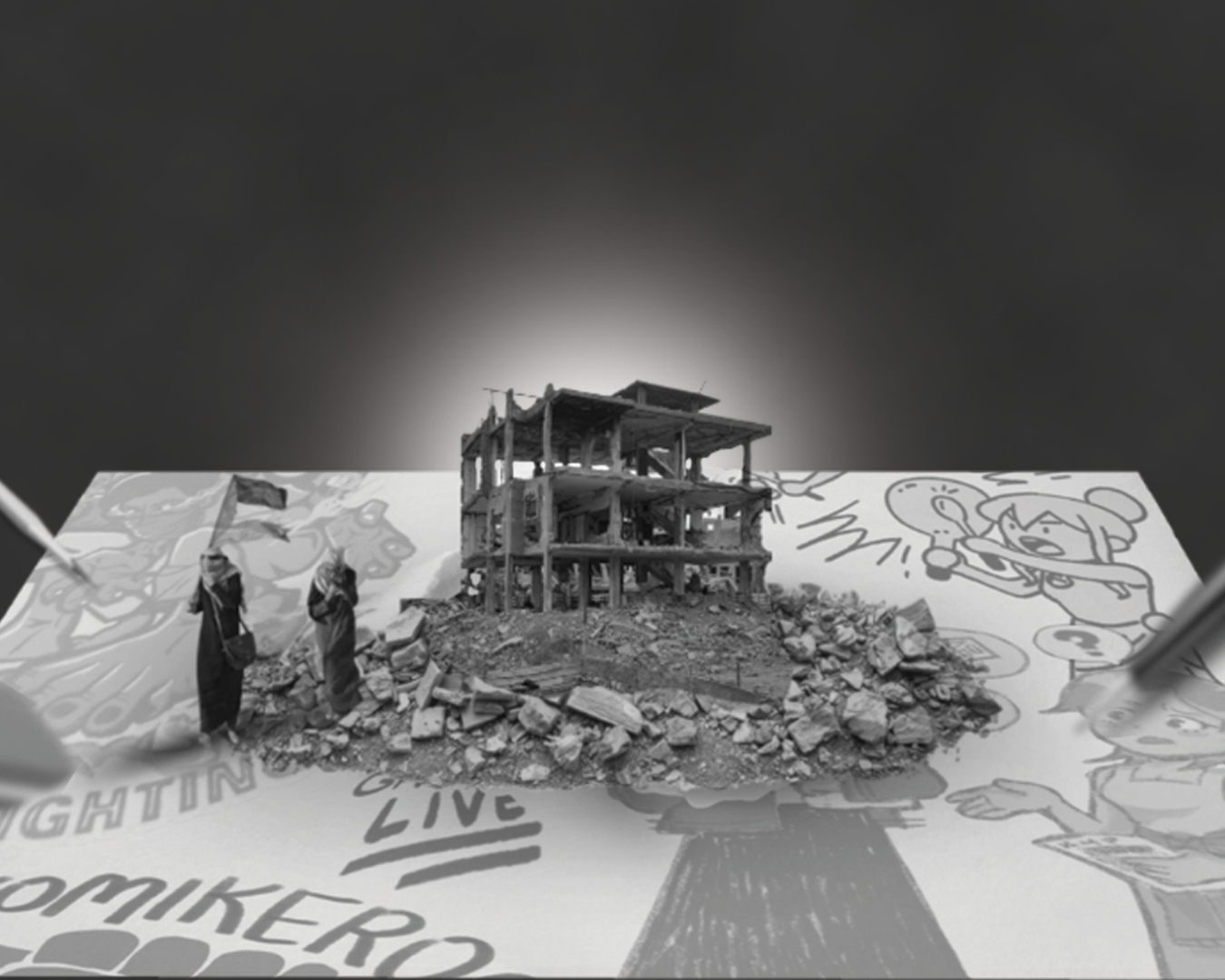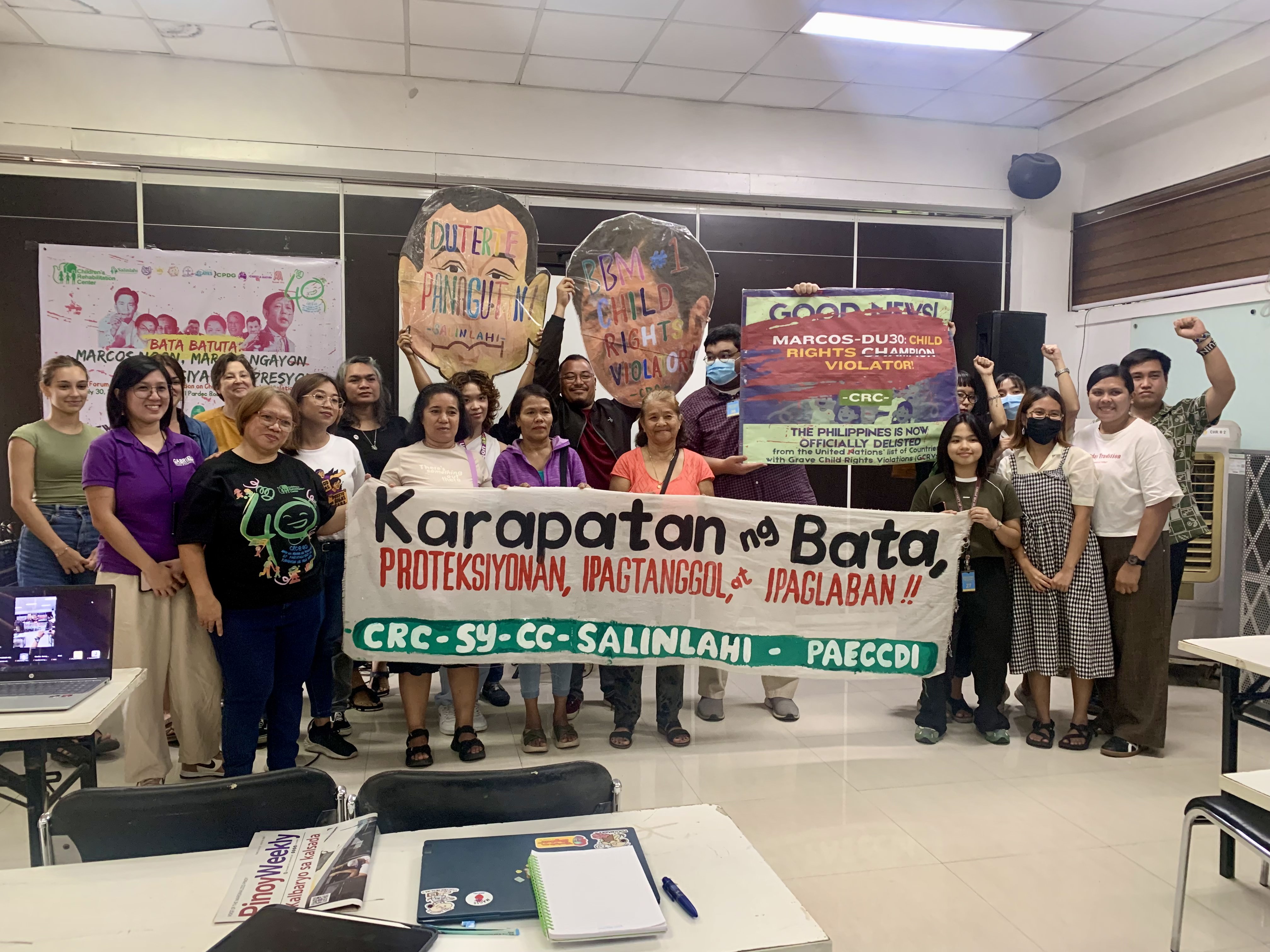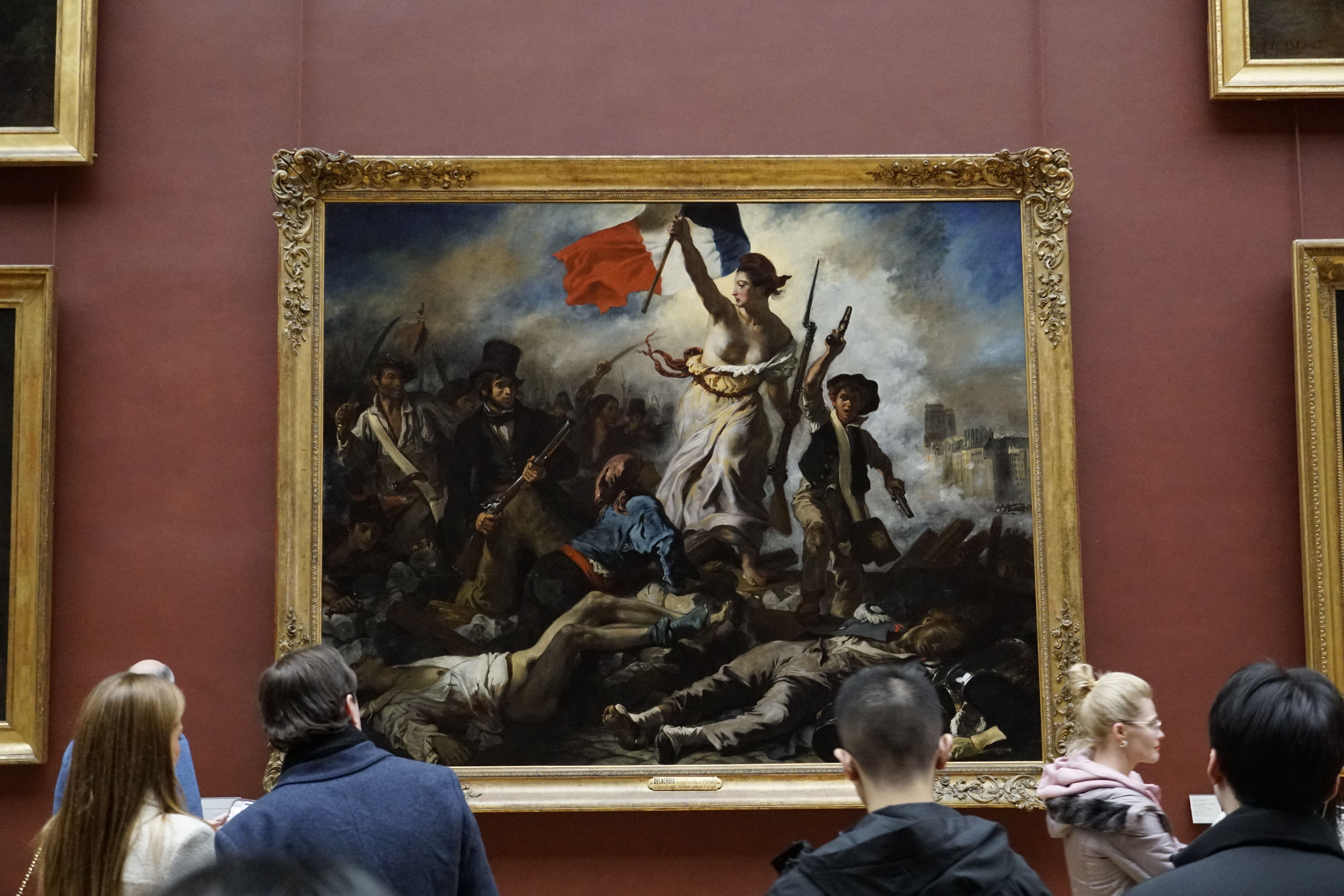Once again, August 21 passes. And as we pay our respect to the memory of Ninoy Aquino, we once more lay siege to history’s guarded meanings.
Countless lives were already victims of the harsh era, then, and Ninoy’s murder was just one of them. But his was the death that came at a time when a confused nation was in crying need for a rallying figure. His was the death that inspired life to a dormant middle class. At the helm of the urban anti-Marcos movement, this class would successfully steer it towards its historic conclusion at EDSA.
Five years may be too long a time for us to feed on the glory of the events that the assasination triggered. But five years is too short a time for us to forget its full measure and meaning.
For August 21 is a victim of its interpretation. It is mistakenly seen more as the greatness of a single man than of a people who rose and presented its agenda for social change. Personalities are important in any movement for popular empowerment—this much is true. But a fixation on them ultimately discourages popular participation and nullifies the movement’s own purpose.
This inability to eventually displace personalities with concrete social issues led us to the pathetic formula of replacing Marcos with the then demure wife of Ninoy. And she has led us from EDSA to this blind alley.
The Aquino regime could not realize its promises of social justice, could not even straighten its own human rights record. Despite glossy State of the Nation reports, progress is alien to the majority, and the same conditions that brought about Ninoy’s assasination and EDSA still exist and continue to worsen.
Further, the same shortsighted measures used by Marcos are still being used to address the same problems—all this because of our limited view that Ninoy’s murder, and other social ills, were Marcos’ faults alone, and not products of an oppressive social system.
A full five years after Ninoy’s death, we are faced with the same basic problems that decide the fate of the past regime. And as long as we fail to realize that true liberation comes only from changing structures, not personalities, we would remain to be impotent witnesses of aborted historical opportunities.
After five years, the struggle of the Filipino people continues, and this must include the transcendence of myopic views of important events such as August 21. ●
First published in the Aug. 23, 1988 print issue of the Collegian.






